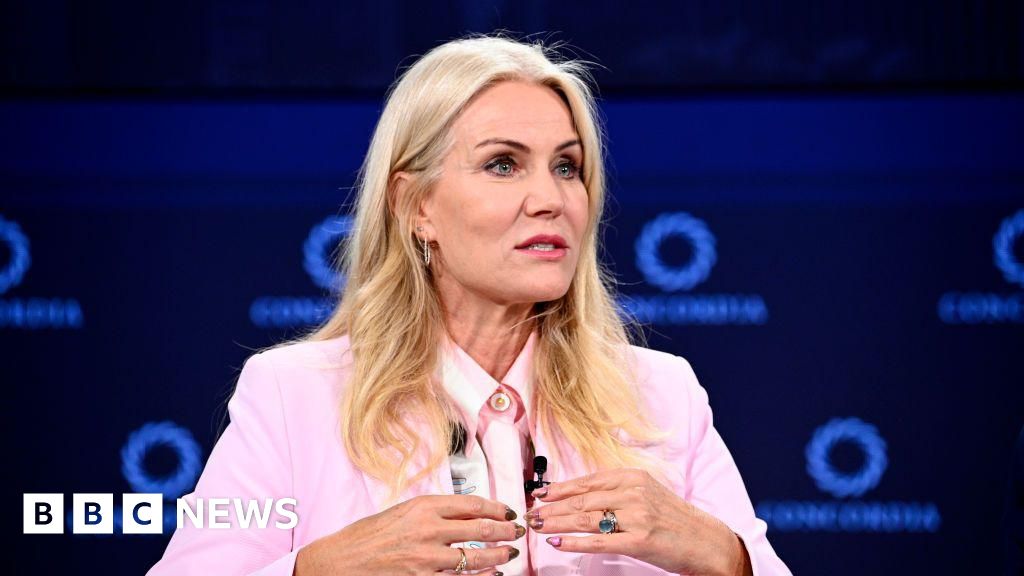
 Getty Images
Getty Images
Supermarket loyalty cards do offer genuine savings, the UK's competition watchdog has found, but it said people should still shop around.
The Competition and Markets Authority (CMA) looked at 50,000 products on loyalty price promotions across Tesco, Sainsbury's, Morrisons, Co-op and Waitrose.
It found "very little evidence" that supermarkets were inflating their "usual" prices to make promotions look like a better deal.
However, it found that despite discounts being legitimate many shoppers still did not trust that the offers were cheaper.
While the CMA also said its review "has shown that loyalty prices aren’t always the cheapest option, so shopping around is still key".
"We know many people don’t trust loyalty card prices," said George Lusty, the CMA's interim executive director of consumer protection. "Which is why we did a deep dive to get to the bottom of whether supermarkets were treating shoppers fairly."
Loyalty pricing is where there are two prices on a product - a "normal" one and a lower price for customers who have a loyalty card or app.
It said about nine out of 10 loyalty promotions it looked at offered genuine savings against the usual in-store price.
Customers made an average saving of between 17% and 25% across the five supermarkets the CMA examined.
The watchdog also surveyed shoppers and said that nearly 70% of those it spoke to think loyalty pricing offers decent savings.
However, there remains a significant amount of mistrust among consumers towards loyalty promotions.
The CMA said: "A significant proportion - 40% - say they do not trust loyalty prices are a genuine saving on the usual price."
While the report examined other supermarkets, it did not draw any conclusions about two of the UK's largest - Asda and Aldi.
Asda has a loyalty points scheme which customers can redeem for vouchers but it does not offer lower prices on a product for those with a loyalty card.
Discounters Aldi and Lidl were not included as they don't sell online, and don't stock a wide enough range of branded products to do a like-for-like comparison, the watchdog said.
Consumer group Which? said two-tier pricing had "become a common practice across retailers" so it was "reassuring" that people could make genuine savings.
However, it has also studied thousands of products, "and repeatedly found examples of loyalty price offers that aren't as good as they seem" according to Sue Davies, Which? head of food policy.
She also said there are concerns that "millions of consumers are being excluded from accessing lower prices due to loyalty scheme restrictions" because they have not signed up to a card or app.

 Movie
Movie 1 month ago
31
1 month ago
31 






![Presidents Day Weekend Car Sales [2021 Edition] Presidents Day Weekend Car Sales [2021 Edition]](https://www.findthebestcarprice.com/wp-content/uploads/Presidents-Day-Weekend-car-sales.jpg)



 English (United States)
English (United States)